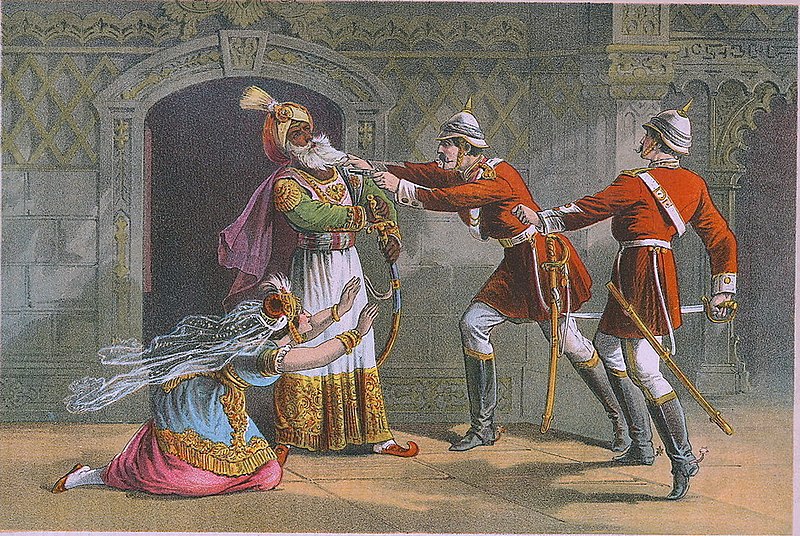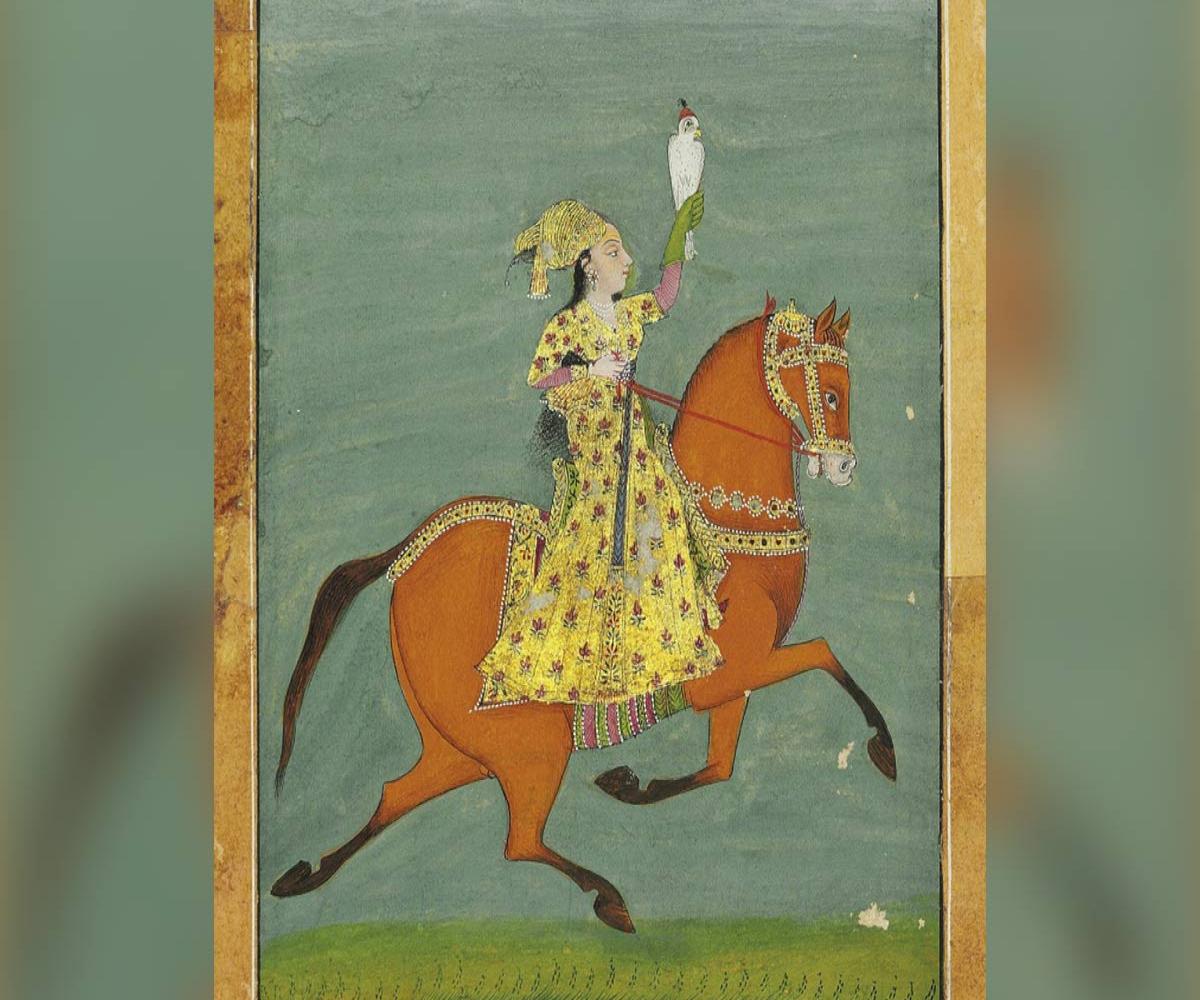
Islam is without doubt a great equalizer. So many people from slave background could dream to become top generals, administrators and even kings. We had a Slave Dynasty. In #BahmaniEmpire where they imported slaves from abroad, many of them grabbed top positions.
#History
#History

Malik Ambar, Ethiopian slave went on to attain a height no one could think of as possible. If you had quality, you could achieve anything. He allied with Chand Bibi and when Ahmadnagar was overran by Mughals, he took control and managed the Ahmadnagar sultanate for 2 decades. 

Ahmadnagar Sultanate was also founded by son of a slave. Malik Hasan Bahri, a former slave, rose to become the Bahmani governor of Tilangana and later became the Prime Minister of Bahmani Empire. His son, Ahmad Nizam Shah went on to found the powerful Adil Shahi Sultanate. 

• • •
Missing some Tweet in this thread? You can try to
force a refresh












